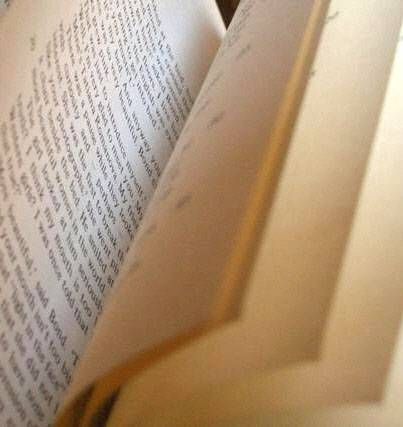
The Problem with 500-Page Books
I’ve been reading Salman Rushdie’s The Ground Beneath Her Feet for the past 732,812 days. Or at least it feels that way. This book is never-ending and I’m afraid I will be reading it until the day I die.
Granted, I’m a slow reader. At least that’s what the online test told me, 270 words a minute. I’m about as fast as the average 8th-grader.
But even with that, The Ground Beneath Her Feet is taking forever. I feel like I’m being held hostage. I want to know the end of the story, but I’m really tired of reading this book. I’m so sick of it that it’s making me a little angry. I sigh a lot at Salman, yes we’re on a first-name basis after spending so much damn time together. With each new character he introduces in the last 200 pages (after already wading through 375 pages), I get exasperated and ask “Really, Salman, is this necessary? REALLY?”
Yeah, I’m a little belligerent. It’s why I rarely read books over 400 pages. They just take too damn long, and even when I’m interested in the story I still want it to end, except for A Prayer for Owen Meany. I never wanted that to end.
Much like rock & roll songs that are longer than four minutes, books longer than 400 pages feel like a ridiculous sort of masturbatory self-indulgence. I like to say an author has to earn every paragraph after page 300, and they rarely do so (I’m looking at you Jonathan Franzen and that bullshit you piled on us called Freedom).
Now unbunch the pantaloons–I’m not advocating all books should have fewer than 400 pages. I saw what happened when Kit Steinkellner suggested all books should be 50 pages shorter (a sentiment I totally agree with, by the way). I understand that some stories are huge and that, yes, the entire history of the main character’s parents specifically their hobbies and how they feel about Bombay is important to the story, but that doesn’t mean I’m gonna read them.
I cannot tell if this is a good or a bad thing. Knowing one’s limits is probably a good thing, right? Not challenging yourself to push beyond your comfort zone is probably a bad thing. It makes me wonder where the line is between preference and prejudice.
When I look at the shelf of ‘not yet read’ books, I see a ridiculous number of thick-spined doorstops. These are books I have an actual interest in reading (Julie Orringer, Chad Harbach, Jonathan Evison), and yet I never pick them up because of their length. And, in the case of Orringer and Evison, I don’t’ want to get angry with them like I am with Salman.
Now that I’m out of the closet as a big-book hater. I’m curious to hear from big-book lovers. What is it about a big books that make you want to get with them?
















